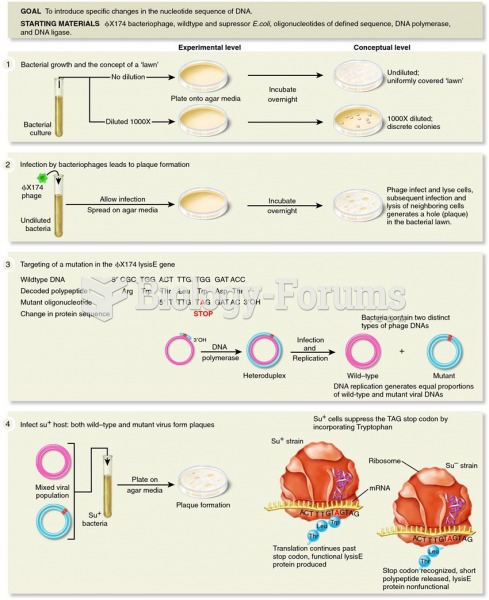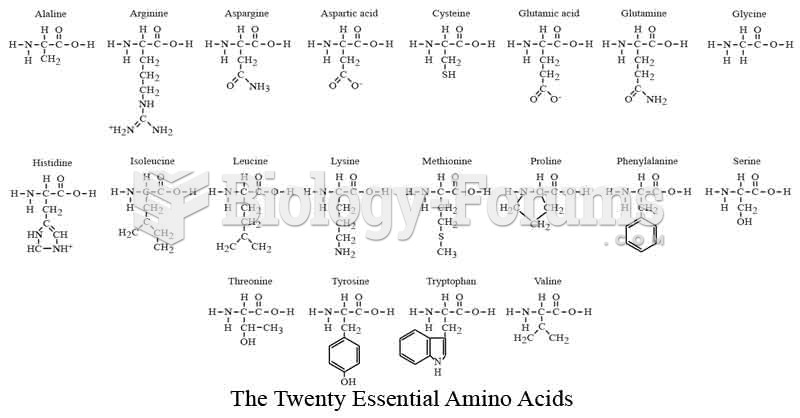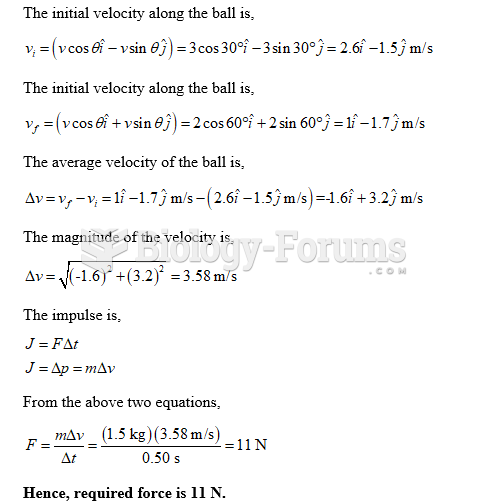|
|
|
Most childhood vaccines are 90–99% effective in preventing disease. Side effects are rarely serious.
The liver is the only organ that has the ability to regenerate itself after certain types of damage. As much as 25% of the liver can be removed, and it will still regenerate back to its original shape and size. However, the liver cannot regenerate after severe damage caused by alcohol.
Asthma is the most common chronic childhood disease in the world. Most children who develop asthma have symptoms before they are 5 years old.
Human kidneys will clean about 1 million gallons of blood in an average lifetime.
More than 30% of American adults, and about 12% of children utilize health care approaches that were developed outside of conventional medicine.







